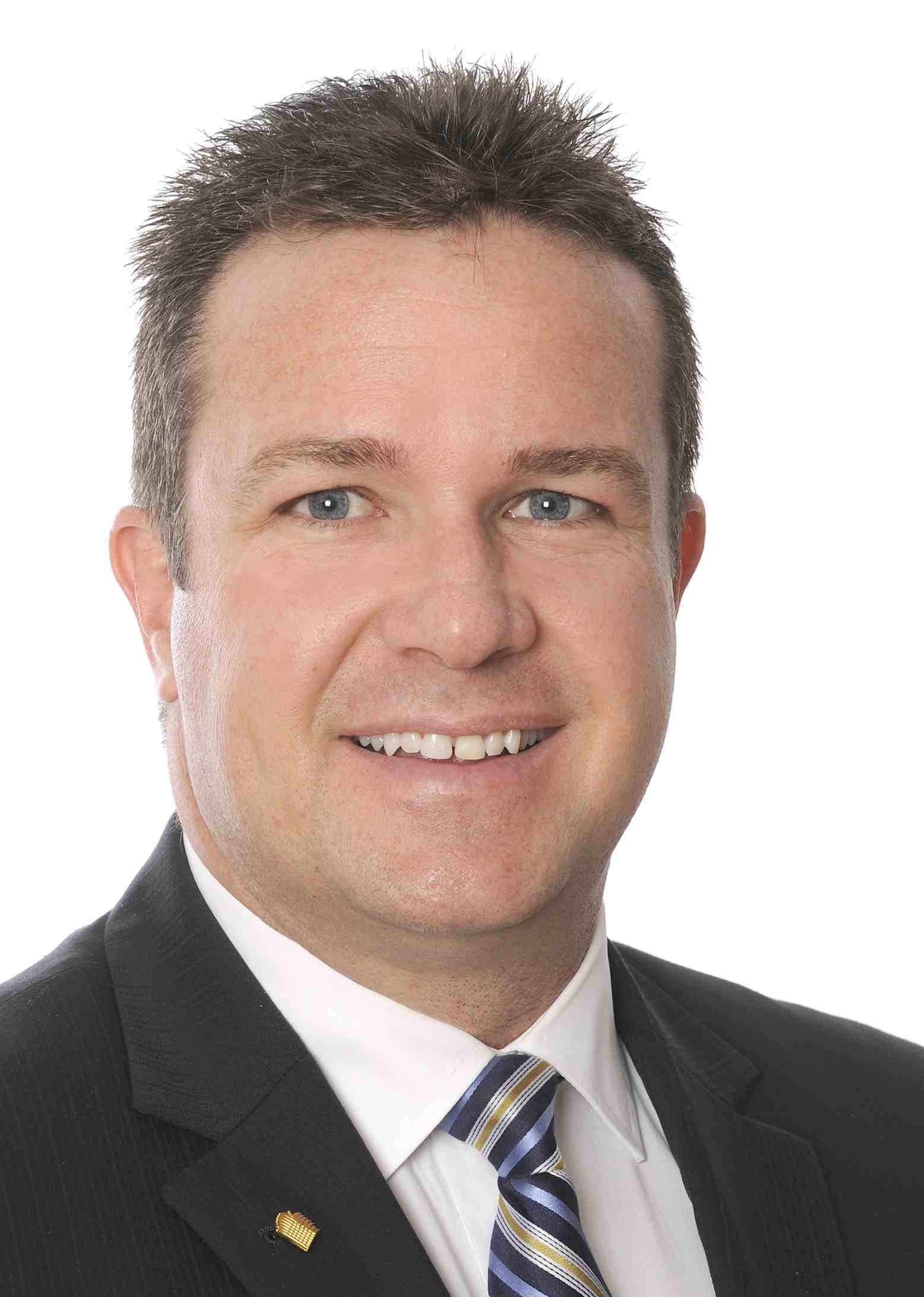The Western Australian Local Government Association (WALGA) has called for a clear vision for the future of local government, after the Western Australia State government’s announcement they will step away from many aspects of their metropolitan council boundary reform process.
WALGA President Mayor Troy Pickard said whilst many Councils would welcome rescinding requirements for boundary adjustments, sector reform would continue and a combined vision with State support was still needed to achieve this.
“Revoking the Governor’s orders is a good first step but much more work will still need to be done.
“Moving focus away from the boundaries and mergers provides us with an opportunity for State and Local Government to work in a true partnership towards an outcome we can be confident will be beneficial to the metropolitan community.”
Mayor Pickard said many councils had incurred significant costs in preparing to implement the Governor’s orders and it was fair to expect some of those costs to be reimbursed.
“The majority of Councils’ costs incurred were in preparing to implement the Governor’s orders with additional staff or equipment sourced to meet expanded or differing responsibilities.
“We consider that expenditure in pursuit of the State’s reform implementation strategies was appropriate and will support Councils in seeking recompense for those costs.”
Mayor Pickard suggested there were more ways to achieve value for money for ratepayers than simply through mergers and boundary adjustments.
“We have always supported sector-wide reform that will achieve a systemic benefit to Local Government and their communities, and whilst there are still many opportunities to this end, it can only be achieved in a respectful and collaborative environment.
“Sector-led initiatives such as the Integrated Strategic Planning framework are already showing improvements across Local Government and are an example of the sector’s appetite for clearly defined reform with tangible benefits.
“Structural reform may be on hold, but the sector has been achieving reform efficiencies for over a decade – the State needs to embrace a broader definition of reform in working with the sector in future.
“We believe that reform encompasses more than boundaries and financial statements and needs to address wider issues such as revenue distribution, the quality of community life as well as the connectedness of the community in contributing to the governance of their local area.”

















